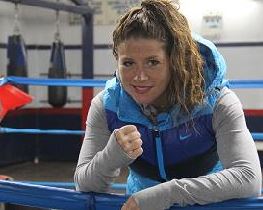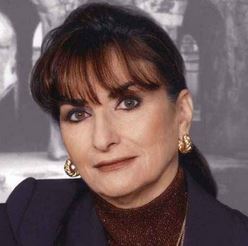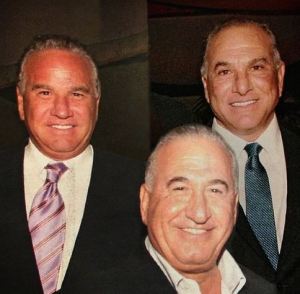World Boxing Champion
Carolina Raquel Duer (b. 1978) was born in Argentina, the daughter of Syrian-Jewish immigrants. She went to a Jewish school growing up, spent time on an Israeli kibbutz, and frequented the Buenos Aires Maccabi club. When once visiting a gym with a friend, she was spotted by a boxing coach, and agreed to be trained by him. She soon became an amateur boxer, winning 19 of 20 matches, while also working as a waitress in her family’s restaurant. By 2010, Duer had become a professional boxer and won the world’s super flyweight championship. This made her the first female Jewish boxing champion. She defended the title six times before moving on to the bantamweight division in 2013 and winning that world title, too. After defending her title yet again in 2014, Duer took time off to focus on her family. She became a boxing announcer on Argentine television in the mean time. Incredibly, not long after having a baby, Duer returned to the ring earlier this year and won the International Boxing Federation’s bantamweight title. She is now among the greatest Jewish boxers (male or female) of all time. Duer has been nicknamed “The Turk” and “Iron Barbie”. In her spare time, she often volunteers with disadvantaged youth, and has said, “I do a lot of work with kids on the street. I explain to them that boxing isn’t violent. It can be used to give them focus. It’s good for both body and mind.”
Words of the Week
Transgressions of man towards God – Yom Kippur atones for them. Transgressions of man towards man – Yom Kippur does not atone for them until one seeks forgiveness from one’s fellow
– Talmud, Yoma 85b



